Headlines
To live and lead in the Future embrace and utilise ICT – Danbatta urges Youths

Nasiru Yusuf
Reckoning that 70 per cent of the new value to be created in the economy over the next decades will be based on digitally-enabled platform business models, the Executive Vice Chairman (EVC) of the Nigerian Communications Commission (NCC) Prof. Umar Danbatta has stated unequivocally that the commission is focused on implementing all sectoral interventions focused on Information and Communication Technology (ICT) youth empowerment.
KANO FOCUS reports that Danbatta made this declaration while delivering the 10th and 11th combined Convocation Lecture of Fountain University, Osogbo, Osun State.
He asserted that the resolve of the Commission to pursue very vigorously a bouquet of ICT programmes focused on the youth is based on the projected opportunity for the youth in the emerging ICT-based labour market.
Danbatta recalled that statistics from Global System for Mobile Communication Association (GSMA) and the World Economic Forum (WEF), have indicated that unique mobile subscriptions are expected to grow up to 5.7 billion by 2025 with concurrent growth in Subscriber Identity Module (SIM) connections, and Internet subscriptions and corresponding growth in operators’ revenue and investment.

The CEO of NCC also said that fourth generation (4G) connections are expected to grow to 57 per cent; Fifth Generation (5G) is also envisaged to have 1.8 billion connections; usage of smartphones are projected to grow to 81 per cent; Internet of Things (IoT) will grow from 13.1 billion to 24 billion connections; and contribution to Gross Domestic Product (GDP) by the mobile industry is expected to grow by, at least, 5.1 per cent by 2025.
The implications of the foregoing, according to Danbatta, is a huge, incredible opportunity for youth to own businesses.
“Therefore, while NCC is working collaboratively and strategically with its supervising ministry, Federal Ministry of Communications and Digital Economy, it is also working with young Nigerians to prepare them for harnessing these opportunities for personal and national prosperity. It is this huge prospect that informed NCC to institute a number of initiatives and interventions targeting the youth in a unique and unprecedented institutionalisation of strategic collaboration and partnership,” he said.
The programmes, according to Danbatta, include the ICT Hubs Support and Engagement, which is a forum that brings together key players, actors and the youths in Nigerian tech-ecosystem to deliberate and suggest policy framework and strategies that could further develop the sector to catalyse improved local content in the ICT/telecommunications sector.
There is also the annual ICT Innovation Competition and Exhibition aimed at facilitating sustainable digital start-ups development through a platform to showcase their digital innovative solutions.
Also, the Annual Hackathon is designed to challenge start-ups and tech hubs in Nigeria to produce impactful and sustainable innovative solutions that will address common societal challenges using digital technologies.
Danbatta said the ICT Park Project being built across the six geo-political zones of the country to boost digital skills among young people, promote innovation, provide jobs for young Nigerian and ultimately support the Federal Government Digital Agenda is equally a strategic programme focused on harnessing and optimising the youths’ creative energy for development.
Other related projects in this regard include the NCC National Essay Competition engaging undergraduates in Nigerian tertiary institution to explore and enhance research in tertiary institutions and build capacity.
In addition, the school support programmes which include the Digital Awareness Programme (DAP), a special intervention initiated as a Corporate Social Responsibility (CSR) project in response to the digital information knowledge gap observed in the country; as well as the Advanced Digital Appreciation Programme for Tertiary Institutions (ADAPTI), instituted to bridge the knowledge skill gap in higher institutions of learning, largely target the youth and students.
Accordingly, Danbatta called on the youth to consciously take note of emergent segments in ICT that are available for them to explore. These, according to him, include Blockchain, Artificial Intelligence (AI), Cloud computing, Internet of Things (IoT) and Big Data.
He also enjoined youths and students to pay attention not only to any of those technology segments but also their overlapping variables such as hyper-connectivity, super-computing, cybersecurity, and smarter world such as robotics, 3D printing, and sensors – which are at the heart of the circular economy.
In recognition of the innovative minds of Nigeria’s huge youth population, Danbatta said the NCC had put all the ICT youth empowerment initiatives to support a digitally-skilled workforce that will fit into the Digital Economy Project of Nigeria. “The Commission is committed to fostering partnership and collaboration with the technology hubs and startups, to accelerate innovations and the creation of a digitally-skilled workforce for industrial growth and sustainable development of the nation,” the EVC said.

Headlines
Kano business community thanks FG for N5bn Singer market relief
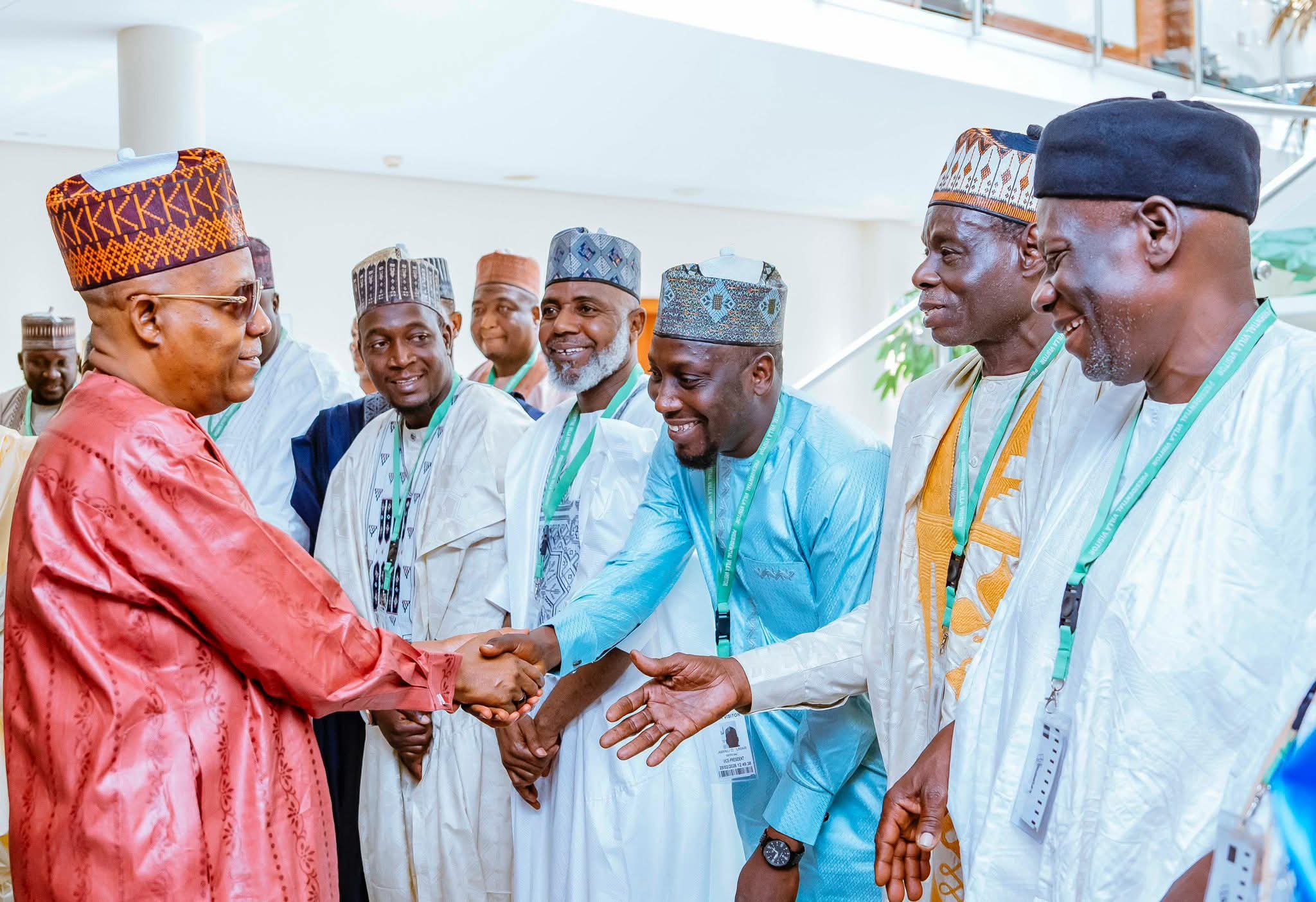
Nasiru Yusuf Ibrahim
Nigeria’s Vice President, Kashim Shettima, on Tuesday received a delegation from the Association of Kano Business Community at the Presidential Villa, Abuja, during a thank-you visit to President Bola Ahmed Tinubu.

KANO FOCUS reports that the delegation expressed appreciation to the Federal Government for its support to traders and other victims affected by the recent fire incident that razed several sections of the popular Singer Market in Kano.
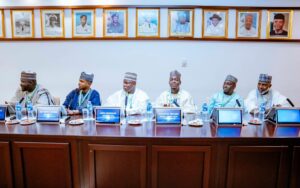
Speaking during the meeting, the Vice President reaffirmed the Federal Government’s commitment to collaborating with the Kano State Government and relevant agencies to prevent a recurrence of fire outbreaks in markets across the state.
He assured the delegation that President Tinubu has the interests of Kano people at heart, noting that the N5 billion approved as immediate relief for victims was based on the findings of a preliminary assessment of the damage caused by the inferno.
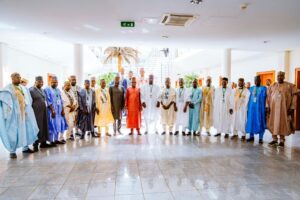
Shettima reiterated that the Federal Government would continue to support efforts aimed at restoring commercial activities and strengthening safety measures in markets to protect lives and property.

Headlines
Kano Govt inaugurates 23-member committee to disburse Singer market fire relief
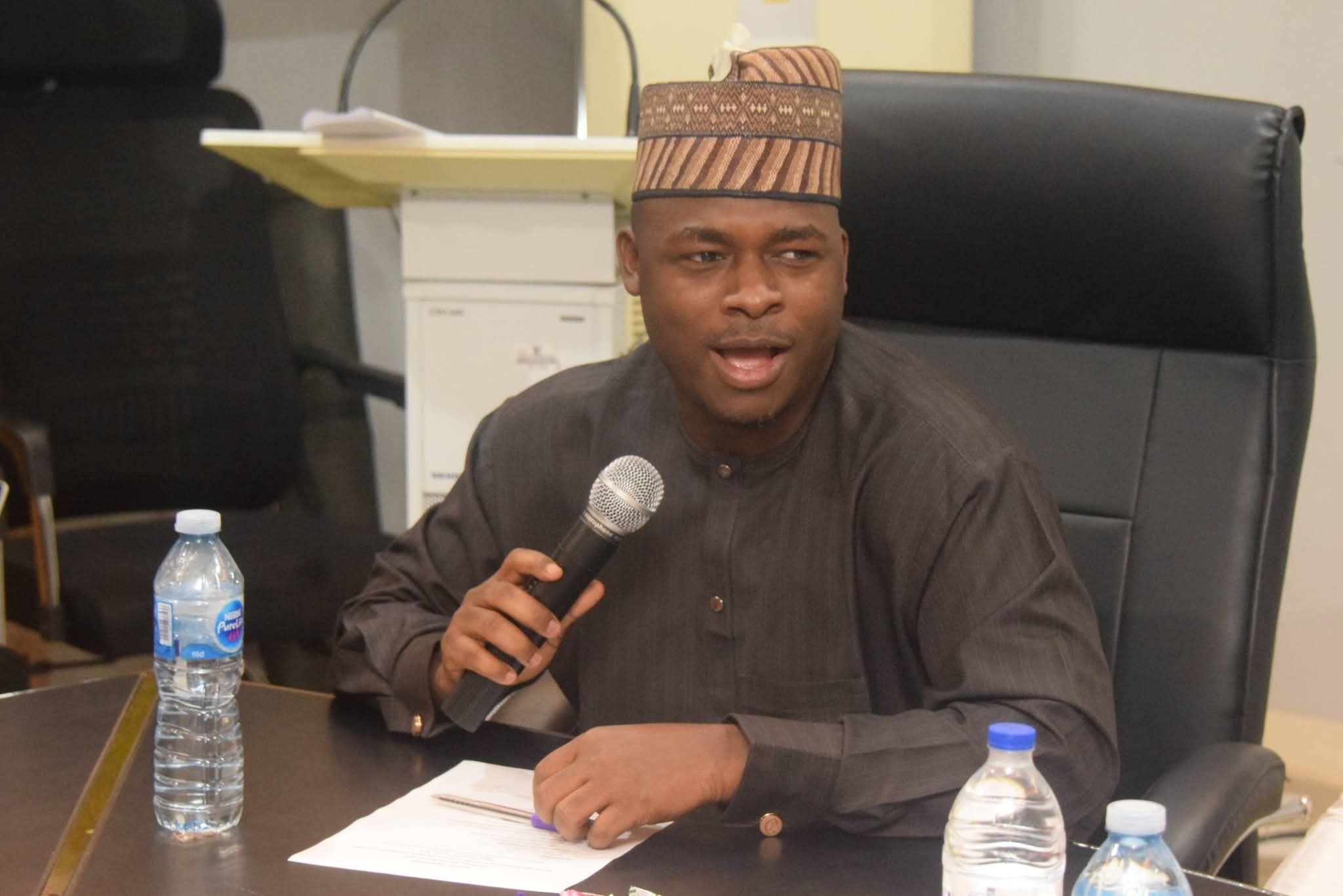
Nasiru Yusuf Ibrahim
The Kano State Government has inaugurated a 23-member committee to oversee the transparent and equitable distribution of financial assistance and relief materials to victims of the recent Singer Market fire disaster.

KANO FOCUS reports that the inauguration was carried out on behalf of the Secretary to the State Government, Umar Faruq Ibrahim, who chairs the committee. The event was presided over by the state Attorney-General and Commissioner for Justice, Abdulkarim Kabiru Maude.
According to the Attorney-General, the committee comprises representatives from key government agencies, security services, the Kano Emirate Council, religious leaders, and affected traders.
He said the panel’s mandate includes assessing the extent of losses, verifying genuine victims, ensuring timely distribution of support, and recommending measures to prevent future fire incidents.
The intervention follows support approved by President Bola Ahmed Tinubu, as well as contributions from the APC Governors Forum. It also comes in addition to earlier assistance provided by Governor Abba Kabir Yusuf and the Deputy Senate President, Barau I. Jibrin.
The state government reaffirmed its commitment to supporting victims of the disaster and restoring commercial activities at Singer Market.

Headlines
Kano Govt announces March 1 for schools’ Ramadan break
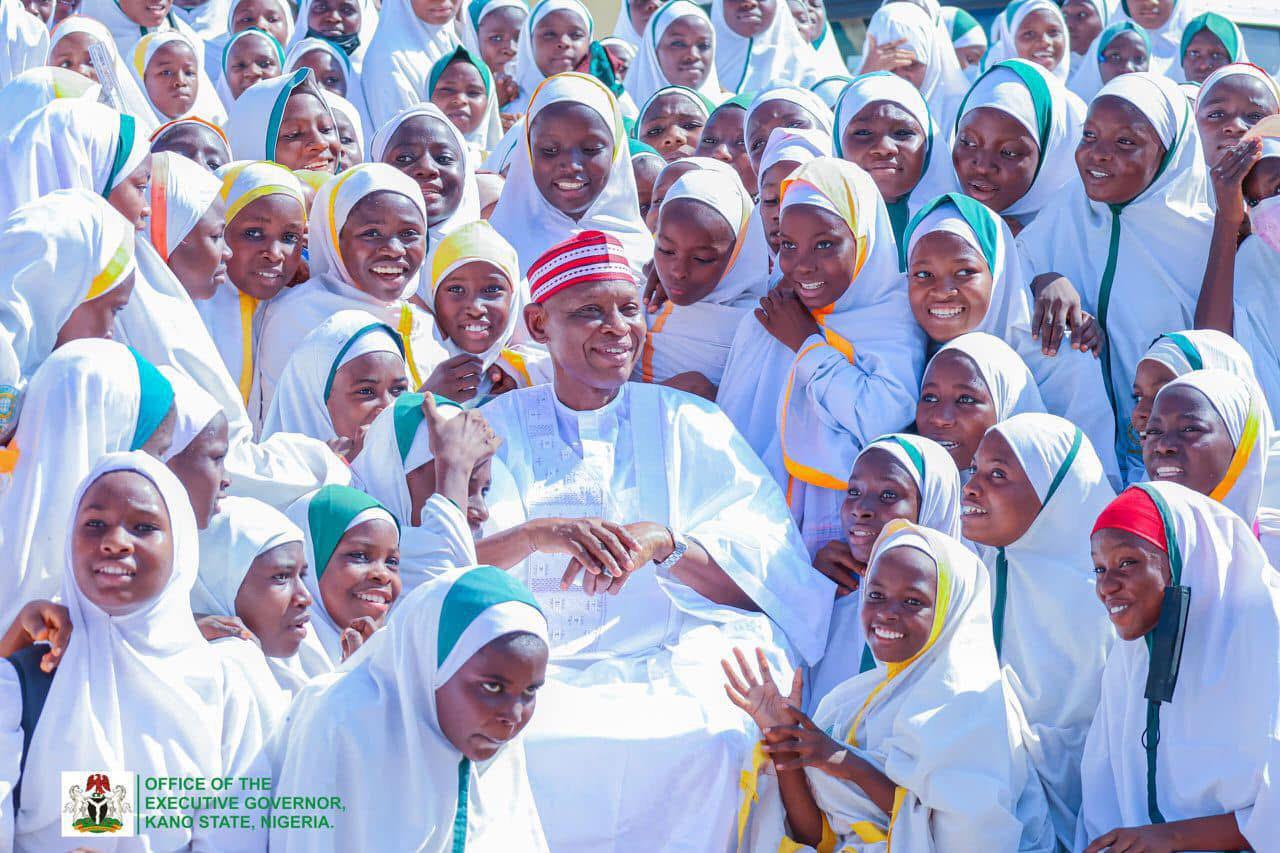
Nasiru Yusuf Ibrahim
The Kano State Government has announced Saturday, March 1, 2026, as the commencement date for the Eid-el-Fitr break for all public and private primary and post-primary schools in the state.

KANO FOCUS reports that the announcement, contained in the approved 2025/2026 academic calendar, applies to both day and boarding schools across the state.
According to a statement issued by the Director of Public Enlightenment, Musbahu Aminu Yakasai, parents and guardians of pupils and students in boarding schools are expected to convey their wards home by the early hours of Friday, February 28, 2026.
The statement further explained that boarding school students are to resume on Sunday, March 22, 2026, while day students are to resume on Monday, March 23, 2026.
It added that the second term will continue from Sunday, March 22, 2026, and end on Saturday, April 18, 2026.
The government directed all public and private schools in the state to comply strictly with the directive, warning that non-compliance would be treated as a breach of government instructions.
The Commissioner for Education, Ali Haruna Abubakar Makoda, urged parents and guardians to ensure full compliance with the approved resumption dates.
He appreciated parents and residents of the state for their continued cooperation and support to the ministry, and wished pupils and students a successful completion of the Ramadan fast and hitch-free Sallah celebrations.












